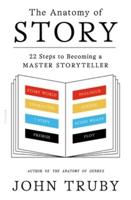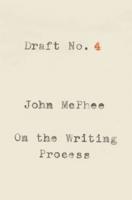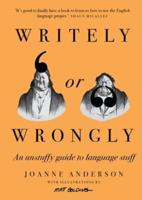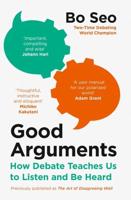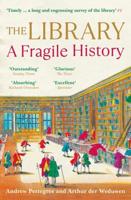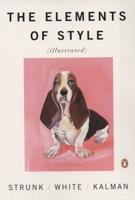Publisher's Synopsis
Essay from the year 2013 in the subject English Language and Literature Studies - Culture and Applied Geography, grade: 14/20, University Hassan II. Casablanca, course: The History and Theory of Travel, language: English, abstract: Travel writing has been, is, and probably will remain, demonized by postcolonial critics. This 'genre' has very quickly been linked to what Edward Said named Colonial Discourse, mainly for what many believe to be an intertwined relationship with colonialism. Travel writing's main 'contribution' is to have diffused sermons of difference and by difference; inferiority, which was then used a rhetorical apology by the west to conquer and colonize. David Spurr in his book The Rhetoric of Empire argues in the same direction. He suggests that travel writings constituted "a source of information" to future-colonial administrators about the situations in their future colonies; that by describing and gazing upon they already started having a sense of ownership vis-à-vis these spaces. Douglas Ivison starts his article entitled "Travel Writing at the End of Empire..." by arguing in the same direction, he says that "[t]he practice of travel writing, and that of reading travel books, was inextricably intertwined with the creation and maintenance of European imperialism. Travel and its by-product travel writing were both enabled by and essential to, both cause and effect of, the project of imperial expansionism." (2003: 1) It is thus very clear that there is a definite yet very complex interconnection between imperialism and travel writing.




